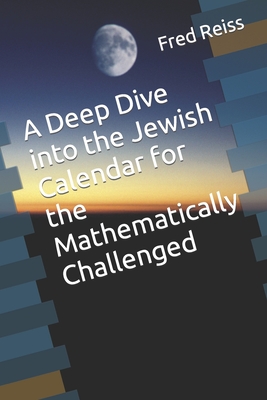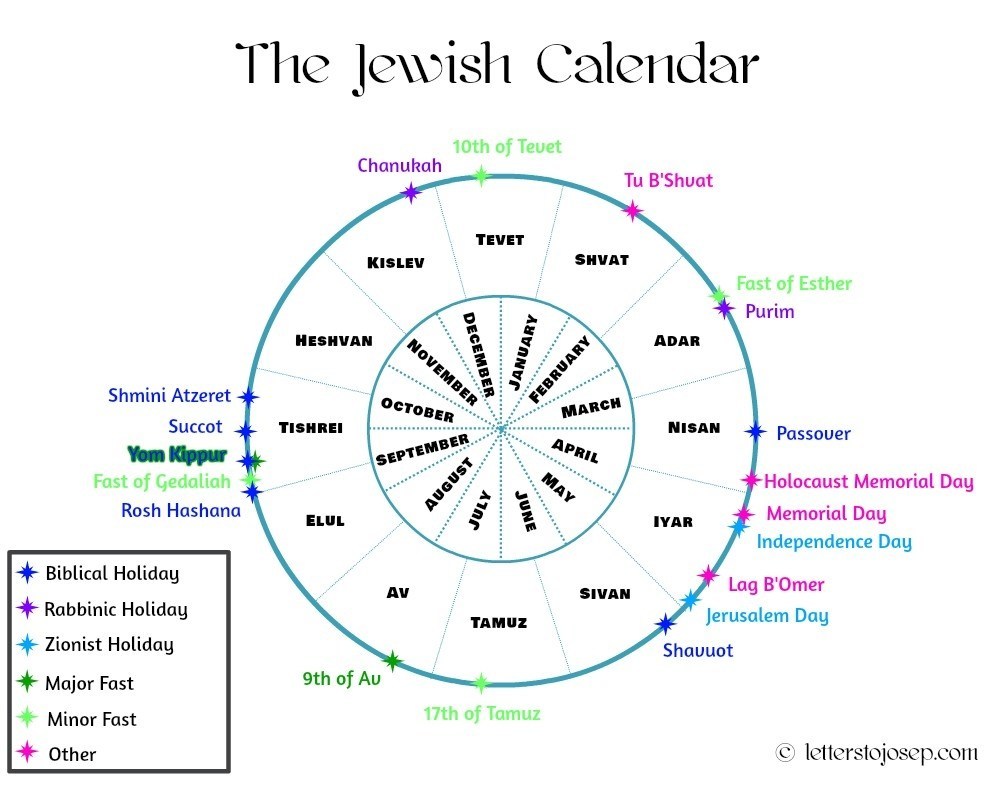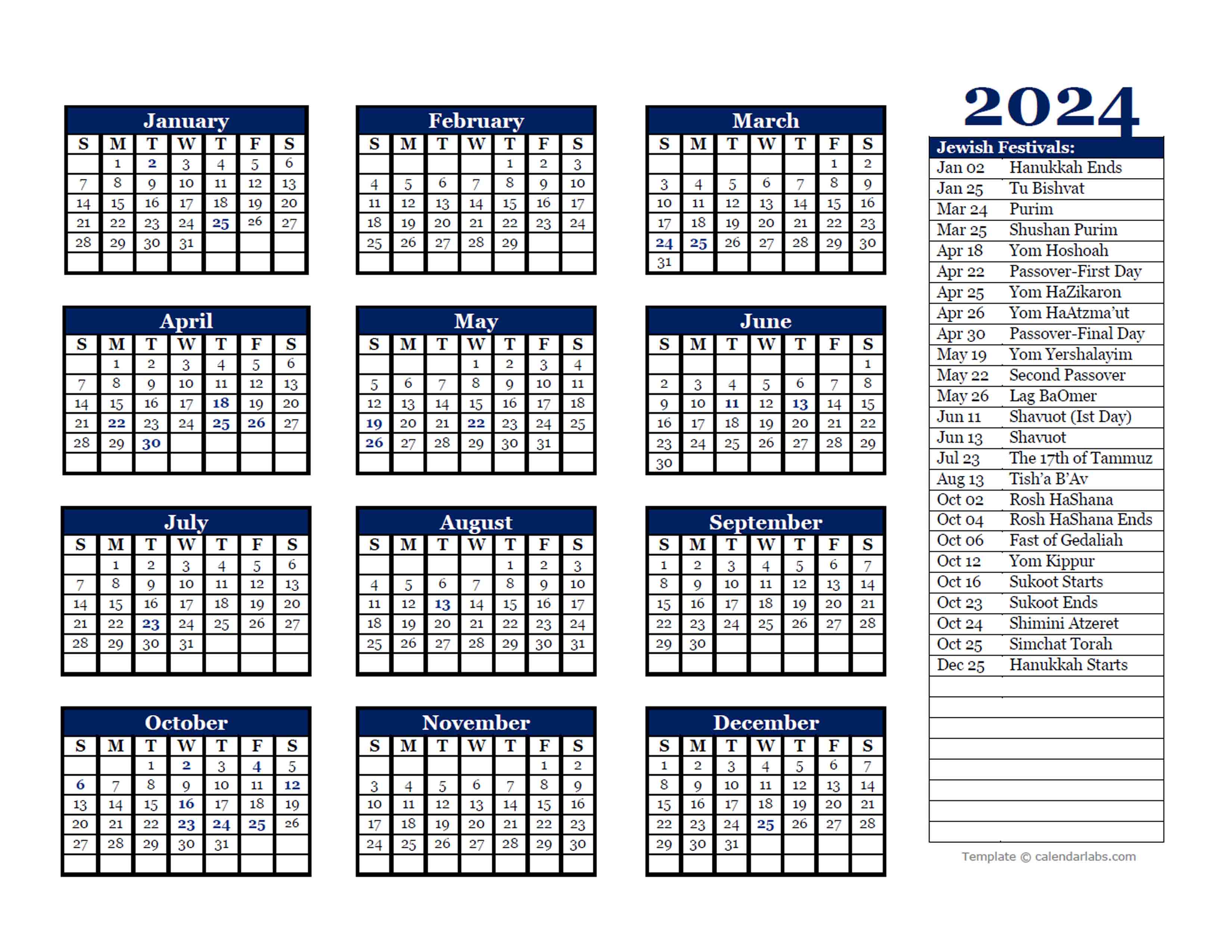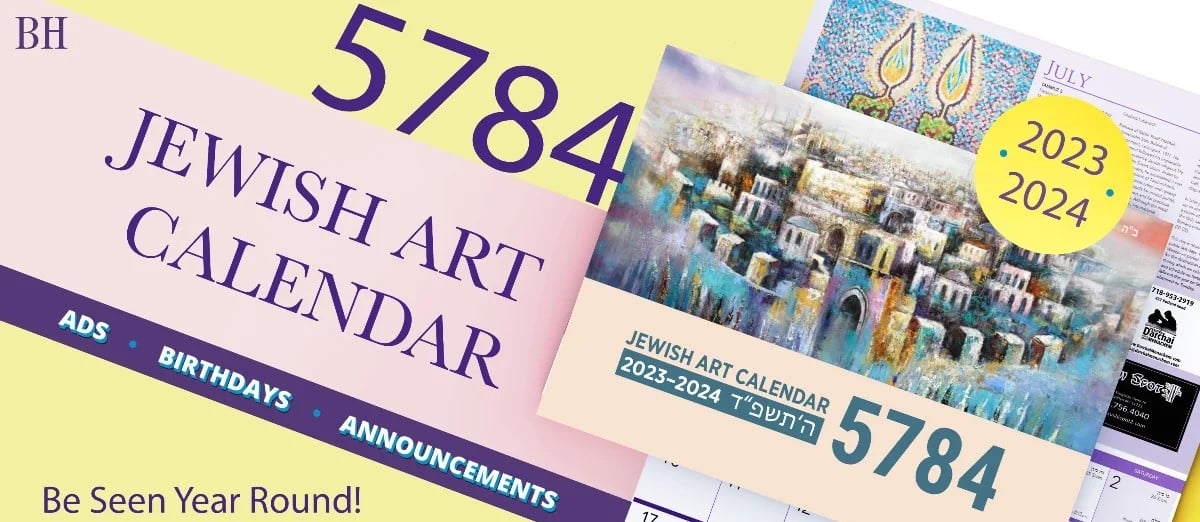At present on the Jewish Calendar: A Deep Dive into [Date]
Associated Articles: At present on the Jewish Calendar: A Deep Dive into [Date]
Introduction
On this auspicious event, we’re delighted to delve into the intriguing matter associated to At present on the Jewish Calendar: A Deep Dive into [Date]. Let’s weave attention-grabbing data and supply recent views to the readers.
Desk of Content material
At present on the Jewish Calendar: A Deep Dive into [Date]

The Jewish calendar, a lunisolar calendar meticulously calculated for millennia, presents a singular perspective on time, interwoven with historic occasions, agricultural cycles, and deeply non secular observances. Understanding what falls on a specific day requires extra than simply noting the date; it necessitates delving into the calendar’s complexities and the importance of its numerous parts. At present, [Insert Today’s Date according to the Jewish Calendar, e.g., 15 Cheshvan 5784], presents an enchanting alternative to discover these points.
Understanding the Jewish Calendar’s Construction:
Earlier than inspecting the specifics of [Insert Today’s Date], it is essential to know the basic construction of the Jewish calendar. In contrast to the Gregorian calendar, which is only photo voltaic, the Jewish calendar is lunisolar, which means it is based mostly on each the lunar cycle (roughly 29.5 days) and the photo voltaic yr. This results in a cyclical sample the place months are both 29 or 30 days lengthy, and the size of the yr varies between 353 and 385 days. This variability is managed by the insertion of an additional month, Adar II (or Ve-Adar), seven occasions each nineteen years. This 19-year cycle, often known as the Metonic cycle, ensures that the Jewish calendar stays synchronized with the agricultural seasons.
The yr itself is counted from the presumed creation of the world, in line with Jewish custom. This yr, 5784, corresponds to the Gregorian yr 2023-2024. The Jewish yr begins within the autumn, round September or October, with the month of Tishrei. This positioning displays the agricultural significance of the autumn harvest.
The Month of Cheshvan:
[Insert Today’s Date] falls inside the month of Cheshvan (or Marcheshvan), the eighth month of the Jewish civil yr and the second month of the autumn season. Cheshvan is a month with no fastened variety of days; it will possibly have both 29 or 30 days relying on the precise yr. In contrast to many different months within the Jewish calendar, Cheshvan just isn’t related to main holidays or festivals. This comparatively quiet interval permits for reflection, preparation for upcoming holidays, and a deal with private non secular development.
Traditionally, Cheshvan was a major time for agricultural actions, notably olive harvesting. The month’s title itself is likely to be derived from the Hebrew phrase "cheshev," which means "to reckon" or "to calculate," maybe reflecting the calculations concerned in figuring out the size of the yr.
The Significance of a Particular Day in Cheshvan:
Whereas Cheshvan does not have main fastened holidays, the precise day of [Insert Today’s Date] would possibly maintain significance relying on its place inside the month and the yr. As an illustration:
- Yahrzeits (Anniversaries of Demise): Many Jewish people commemorate the anniversaries of the deaths of family members, often known as Yahrzeits. These are noticed privately, usually with prayer and reflection. The date of a selected Yahrzeit is dependent upon the person’s date of dying. Consulting a Jewish calendar with a Yahrzeit part could be crucial to find out if any vital Yahrzeits are noticed at the moment.
- Particular Torah Readings: The weekly Torah studying cycle progresses all year long, offering a steady engagement with Jewish scripture. The precise portion of the Torah learn on [Insert Today’s Date] can supply insights into related themes and teachings.
- Private Observances: People might have private observances or commemorations tied to particular dates, which aren’t universally acknowledged however are vital to their private religion journey.
Connecting to the Broader Jewish Calendar:
Understanding [Insert Today’s Date] requires putting it inside the context of the broader Jewish calendar. As an illustration, Cheshvan’s comparatively quiet nature usually serves as a transition interval between the Excessive Holy Days (Rosh Hashanah and Yom Kippur) and the upcoming festivals of Hanukkah and Tu Bishvat. This era permits for a gradual shift in non secular focus and preparation for the celebrations forward.
The dearth of main festivals in Cheshvan does not diminish its significance. It is a time for quiet introspection, private examine, and strengthening one’s reference to Jewish custom. The chance for private reflection and non secular development throughout this era shouldn’t be underestimated.
Sensible Concerns for Observing the Day:
Observing [Insert Today’s Date] includes a aware engagement with the day’s significance inside the broader context of Jewish life. This would possibly embrace:
- Prayer: Each day prayers, each morning (Shacharit) and night (Maariv), stay a central side of Jewish observance, offering a construction for reference to God and reflection on the day.
- Torah Examine: Participating with Torah parts, both independently or as a part of a neighborhood, enhances understanding of Jewish teachings and their relevance to modern life.
- Acts of Kindness (Gemilut Chasadim): Performing acts of kindness and charity is a core worth in Jewish custom. This might vary from volunteering to serving to a neighbor.
- Reflection: Taking time for quiet reflection on one’s non secular journey and connection to Jewish custom is essential.
Conclusion:
Whereas [Insert Today’s Date] may not be marked by a serious public vacation, its significance inside the Jewish calendar is simple. It represents a time for quiet reflection, preparation for upcoming festivals, and a deepening of 1’s connection to Jewish custom. By understanding the construction of the Jewish calendar and the precise context of Cheshvan, we are able to admire the richness and depth of Jewish life, even within the seemingly quieter moments. At the present time, like each day on the Jewish calendar, presents a possibility for non secular development, neighborhood engagement, and a deeper understanding of our heritage. Additional analysis into the precise Torah studying and any private or household observances related to the date can enrich the expertise and supply a extra customized connection to the day’s significance. The Jewish calendar just isn’t merely a system of dates; it is a residing tapestry woven with historical past, spirituality, and the enduring rhythm of Jewish life.


![]()





Closure
Thus, we hope this text has offered invaluable insights into At present on the Jewish Calendar: A Deep Dive into [Date]. We thanks for taking the time to learn this text. See you in our subsequent article!